|
So one thing that 2021 has brought with it is the UKs actual, no gracing period, exit from the European Union. Regardless of how you feel about the situation, it's happened and now we have to get used to all of the changes that has come along with that.
One of those changes is that the UK will no longer be able to take part in the Erasmus+ scheme. Something that allowed students to go study abroad in Europe with no tuition fees and also receive a grant for their living costs.
0 Comments
A recent BBC study found that the least likely group to go to university is currently white males from low-income families. Only 26% of students from low-income backgrounds have gone on to higher education this year, only half of them were white British males.
October 15th is the deadline for applications to Oxford, Cambridge, medicine, dentistry and veterinary science courses. This is not a seriously-ill-line or near-death-line, it is a deadline.
If you miss it, you'll have to wait a year to apply again. If you’re thinking about applying to these courses I’m sure you’re already done most of the legwork for your application. If you're not ready yet, then switch off your phone, dust off your laptop and let your mum know she’s on coffee duty for the next 24 hours solid You'd be forgiven for thinking that with around a year to go until your first application deadline looms, you've got time to perfect your Beyonce dance routine. While this is a perfectly legitimate leisure activity and will look fierce when you whip it out at parties, choosing a uni is much easier if you take the time to do it right
If you’re thinking of going to uni in September 2021 but you haven’t thought about which unis you're going to apply to yet: You’d better level up and get going.
You’ve got until mid-January to complete your application for most courses, but Oxbridge, medicine and veterinary courses have deadlines that are less than a month away (October 15th). Is it time to start thinking about which university you might want to go to?
Well fear no more! Over the past few months we’ve had a go at making a handy map for you that outlines as many universities in the UK that we could throw our hat at. Click here to have a look at the list of universities on offer with links to their location, websites and a little of our honest Push info too. If you’re part of a university or college that isn’t on the map and would like to be included. Please email at aron@push.co.uk and we can get it added to the map. Work experience: cancelled. Taster days: cancelled. University open days, you guessed it... cancelled.
Sinking into the sofa, many have felt like the whole of higher education is getting cancelled. Six months into lockdown, however, you start to realise that the world is actually at the tip of your fingers. We are the generation of technology. The generation of endless screening. Even though work experience for many is cancelled, when a global pandemic forces us indoors, we’ve never felt more at home. When distance learning is necessary, many students and teachers consider it a challenge. In reality, it can be a very useful tool which can provide students from all over the world with the chance to learn. Whether they don’t have access to education otherwise or a worldwide pandemic has taken place, distance learning can become a great alternative for everyone.
In order to make it effective, though, teachers are not the only ones that need to find ways to keep it interesting. Students should also find ways to make distance learning more interesting in order to get something from it. Here are some tips to help you achieve just that. Fair Access Coalition and the Fair Education Alliance: Statement regarding A-level grade allocations14/8/2020 A group of leading educational access charities and not-for profit organisations is calling for the government to take action to ensure that young people from less advantaged backgrounds do not face additional barriers in accessing further study, training and employment opportunities, following the allocation of A-level grades this year.
We recognise that the circumstances surrounding this year’s A-levels made any ideal outcome impossible, but it is clear that – in a significant number of cases – individual students have been left with their future plans in disarray. What’s more concerning is that many of these students are from the least advantaged backgrounds. These are the young people who already face the biggest barriers in accessing higher education; barriers that have been compounded during lockdown. Every hour, we are encountering more young people whose plans for university, apprenticeships or jobs have been seriously affected because they were statistical exceptions. We note that Ofqual's Technical Report details that the A/A* attainment gap between FSM and non-FSM students increased from 6.1% in 2019 to 7.1% in 2020, reversing progress made the prior year. Furthermore, independent schools saw a 4.7 percentage point increase in A/A* grades compared to just 0.3pp at Sixth Form/FE/Tertiary colleges. As coalitions, working collaboratively to tackle educational inequality, our priority is to focus on how we, and the government, can best support young people. We call upon the government to ensure that no student, particularly those from disadvantaged backgrounds, has their opportunity of work, training or study compromised by being graded unfairly by an algorithm. We urge the government to do this by:
Signatories Nathan Samson, CEO, The Access Project, nathan@theaccessproject.org.uk Anne-Marie Canning MBE, CEO, The Brilliant Club, amc@thebrilliantclub.org Laura Gray, CEO, Brightside, laura.gray@brightside.org.uk Sam Holmes, CEO, Causeway Education, sam.holmes@causeway.education Maria Neophytou, Interim CEO, Impetus-PEF, maria.neophytou@impetus.org.uk Rachel Carr OBE, CEO, IntoUniversity, rachel@intouniversity.org Johnny Rich, CEO, Push, johnny@push.co.uk John Craven, CEO, upReach, john@upreach.org.uk Rae Tooth, CEO, Villiers Park Education Trust, rae.tooth@villierspark.org.uk. Sam Butters and Gina Cicerone, Co-CEOs, Fair Education Alliance, gcicerone@faireducation.org.uk. On social media: #coalitionforfairness "The standard of the delivery (online) was excellent...pass on my regards and thanks to @AronTennant @mojtaylor. It was definitely useful and I think it will have hit on a number of different levels from being informative of what opportunities they have around them to a more personal level of who they are and can be. It was a pleasure to be part of." - Mike, Bedlington School
Are you heading to university? I'm sure you have a few questions about what awaits you... Push has been flexing our broadband muscles (it's either that or real running) with a host of interactive online sessions for students, over summer term - to 1,000s of young people across the UK. If you missed out, then chill (we mean it, it's baking out there). We've selected some of the most interesting (and useful) questions we've been asked by year 11-13s, regarding the HE Experience... "The standard of the delivery (online) was excellent...pass on my regards and thanks to @AronTennant @mojtaylor. It was definitely useful and I think it will have hit on a number of different levels from being informative of what opportunities they have around them to a more personal level of who they are and can be. It was a pleasure to be part of." - Mike, Bedlington School
Are you thinking of doing a degree? Well the summer is a great time begin researching courses and universities. Push has been flexing our broadband muscles (it's either that or real running) with a host of interactive online sessions for students, over summer term - to 1,000s of young people across the UK. If you missed out, then chill (we mean it, it's baking out there). We've selected some of the most interesting (and useful) questions we've been asked by year 11-13s, on applying for a degree... August brings along results day but this year…it’s all different.
Exams were cancelled due to the pandemic and now grades have been calculated differently, it’s created a lot more of uncertainty and anxiety about getting into your dream universities. You might feel a little hard done by that you haven’t had the chance to stake your claim for a place at the university you wanted and that you’ve lost control over your future a little. But don’t worry, that’s not the case. Experts at a number of universities have all agreed that students have “never had more power to talk their way into a top university, even if they didn’t get the grades” But how? If you could sum up the lockdown so far in one word, what would it be? Sleep? Anxiety? Exams?
Furlough? I mean, who honestly knew that word before 21st March 2020? That'll make your Scrabble options a little easier from now on. For students, schools, unis and employers, we'd choose the word 'adaptation'. We've all had to do it right? Whether it be our revision schedule, our internet data bill (don't even...) or our tears over the lack of Premier League football...there's been a coin flip on what we deem 'normal', and it will be a while before we get things back to what they were pre-lockdown. The deadlines have passed for your decisions on your university offers so I hope you managed to get your research sorted and were confident and comfortable in your final decision.
Of course, this particular year, the decision was even bigger than usual. The pandemic has meant that we aren’t completely sure what form university will take in September and so it may feel like there’s a bigger risk of committing to an undergraduate degree. Let me tell you about my GCSE and A Level experience…
I was a straight-A student. I am firmly in the "was" corner as opposed to the "am" corner. For any student reading this, stop right now and say out-loud either way “I am a 1-9 student” or “I am a BBB student” and “I was a 1-9 student” or “I was a BBB student”, with the grades you are personally predicted. Now, honestly: how does hearing yourself say each version make you feel? I know how deeply personal and long-lasting grades can feel. They are lodged in the mindset, and some believe they define who you are as a youngster or as a unique individual later in life. I look back with a "phew" in my mind: a (retrospective) fondness for the stress I went through when I was 15/16 and 17/18 years' old, and the rewards that ultimately reflected both learning experiences. I know a lot of people in the "am" corner when they talk about their grades from years past. They are usually the ones that can’t let go, and most haven’t gone on to fulfil their true potential. People either do or don’t associate their current selves to their GCSE or A Level / B tech grades We can't imagine what you're going through right now, with news of your exams being called off this summer, but we can try and understand. Our presenter team have all been through the stresses of school, sixth form and college and have tried to place ourselves in this situation, and think of the questions we'd most want answered
If you’re looking to move out anytime soon, chances are you’re going to be moving in with others. And that can be brilliant. Living with your best mates, having people around to keep you company and help you out, and splitting the bills is always nice.
But what if things go a little awry, and it’s not quite the perfect Friends-esque flatmate dream? The Guardian have written a great cheat sheet to help you with some of the most common problems that can arise in shared accommodation and how to tackle them. Unsurprisingly, one of the biggest sources of tension when living with other people is… Problems you might encounter as a tenant in shared accommodation... The government is proposing to create an Ofsted-style system that ranks universities on the amount their graduates earn according to the Guardian.
There has been some resistance to this idea from the education industry and rightly so. It creates a number of problems that could cause damage to particular courses (Arts and Humanities especially) that are in areas outside of London. So what are the issues of this and in fact, would an earnings ranking actually be that helpful for students looking to go to university? You might have heard the Prince’s Trust’s name thrown about before, but who are they and what do they do?
According to their website, the Prince’s Trust is a charity set up by Prince Charles over 40 years ago with the mission ‘to help young people transform their lives by developing the confidence and skills to live, learn and earn.’. The charity helps school leavers and young people to develop their soft skills, get additional training and provides tips and resources on getting a job. For the budding entrepreneurs among us, they also offer training, mentoring and funding to help you start your own business. Wherever you are on your journey, whether you’re in Year 11 and starting to think about what lies ahead or in Year 13 with big decisions knocking at your door, it can be difficult to know what’s the right path for you.
Especially when there are so many options. We’re talking work, apprenticeships, uni, degree apprenticeships, diplomas, gap year and travel, volunteering, internships… The list seems pretty endless, but that shouldn’t be a bad thing. There are so many different pathways out there that it’s almost guaranteed that you’ll find something perfect for you. New analysis has found that in the last five years, two thirds of colleges and universities have seen an increase in their dropout rates.
One of the reasons stated could be the drive to widen applicants to universities with institutions said to be admitting students who ‘aren’t able to cope’. While Push doesn’t necessarily think it’s a bad idea to allow as many people to get to University and follow their ambitions if they want to, we certainly think you should do your research before you decide if it’s the route for you. According to erasmusprogramme.com, ‘Erasmus students are those that take advantage of the Erasmus exchange program, a well supported and organised scheme that has been in operation since the late 1980's. It allows students to study at universities in the EU member states for set periods of time.
Erasmus students study a wide variety of subjects but most use the program for advancing their language skills with a view to working in the international sphere.’ Throughout its active years, the Erasmus scheme has supported internationally-minded, travel savvy students on their trans-national studies and lives. Being a member of the scheme entitles you to Erasmus’ support (both financial and educational) if you’re looking to spend some study time at an institution in neighbouring European countries. And with over sixteen thousand Brits having taken up the scheme’s offerings in 2017 alone, you’ve no doubt heard weird and wonderful stories of friends and family studying abroad. In the news this week, the University of Leicester’s students have been praised for the success of their scheme to reduce waste associated with living in (and leaving) halls of residence.
The British Heart Foundation’s ‘Pack for Good’ scheme was set up to encourage first years and accommodation leavers to donate their discarded and unwanted items at the end of the year rather than binning them, and it has saved a whopping 39 tonnes of stuff from landfill. 39 tonnes! That’s 39 small cars, or 5.5 full-grown elephants. A quarter of a blue whale. If your plan for next year is university then you’re already submitted your application, right? If not, then get a move on. The UCAS deadline (January 15th) may be the official cut-off, but a lot of places will have been filled already. We know how fab you are, but that doesn’t mean the unis are holding a space specially for you. Get your application in before the end of this month.
Here at Push we’re always banging on about how great part-time work can be. And not just for the extra cash, but that’s a bonus all in itself. Bring on that wonga.
And there’s loads of other benefits, too. Moving to a new area to study? You’ll meet loads of new people, make some new friends and being around locals is the best place to pick up insider info on all the best shopping and nightlife spots, best restaurants, top rated take aways, places to hit up and places to avoid. Pretty handy. |
This section will not be visible in live published website. Below are your current settings: Current Number Of Columns are = 1 Expand Posts Area = Gap/Space Between Posts = 15px Blog Post Style = card Use of custom card colors instead of default colors = Blog Post Card Background Color = current color Blog Post Card Shadow Color = current color Blog Post Card Border Color = current color Publish the website and visit your blog page to see the results Categories
All
We're always interested to hear from talented young writers, so if you'd like to feature as a guest author then hit us up for more details.
|
Student blog: What's new?
Author
Write something about yourself. No need to be fancy, just an overview.
This website uses marketing and tracking technologies. Opting out of this will opt you out of all cookies, except for those needed to run the website. Note that some products may not work as well without tracking cookies.
Opt Out of Cookies




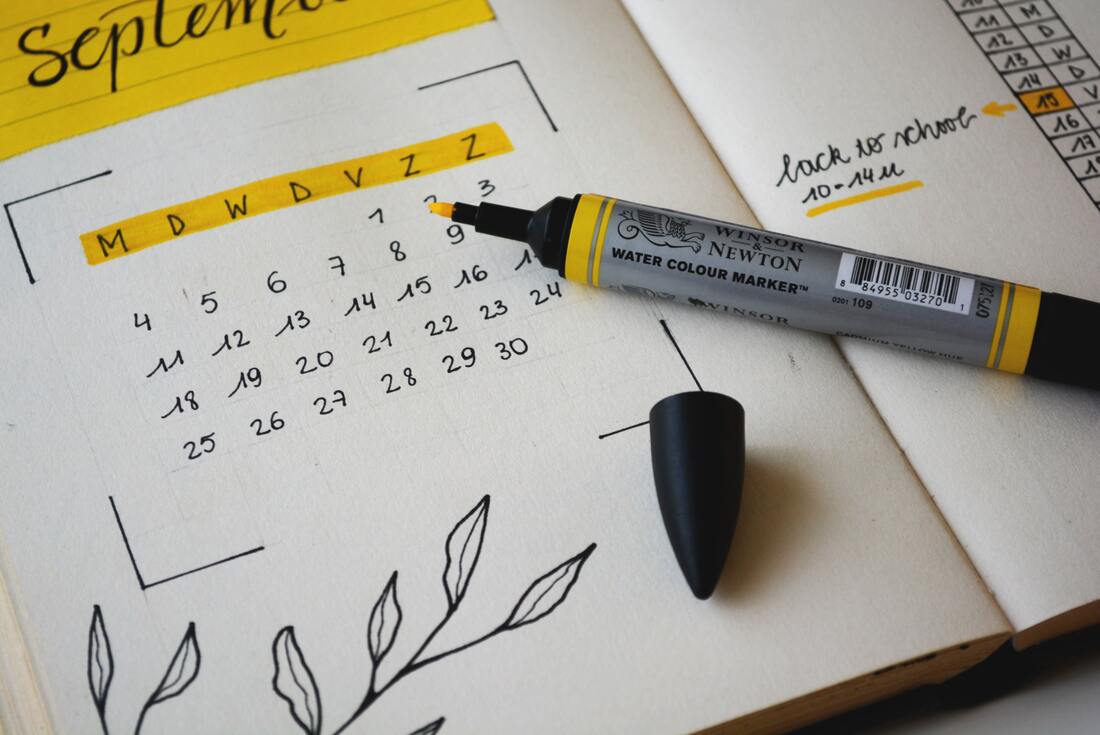
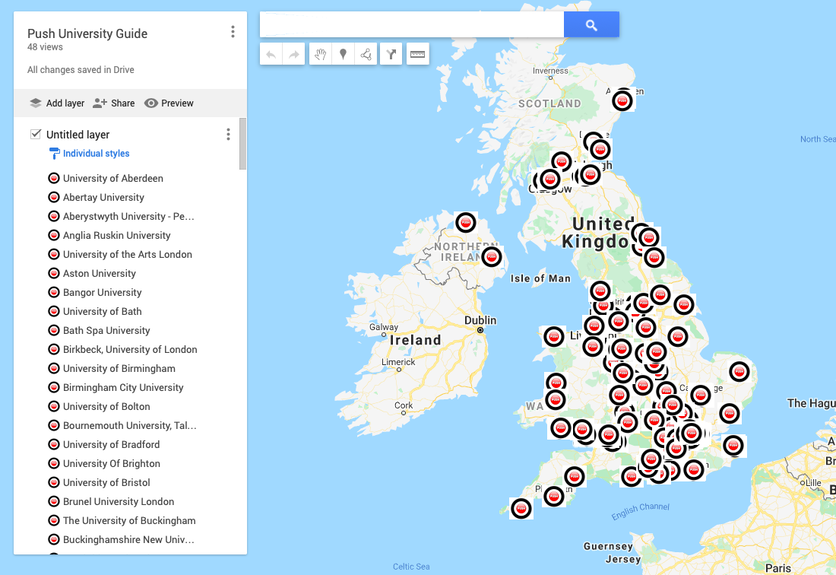




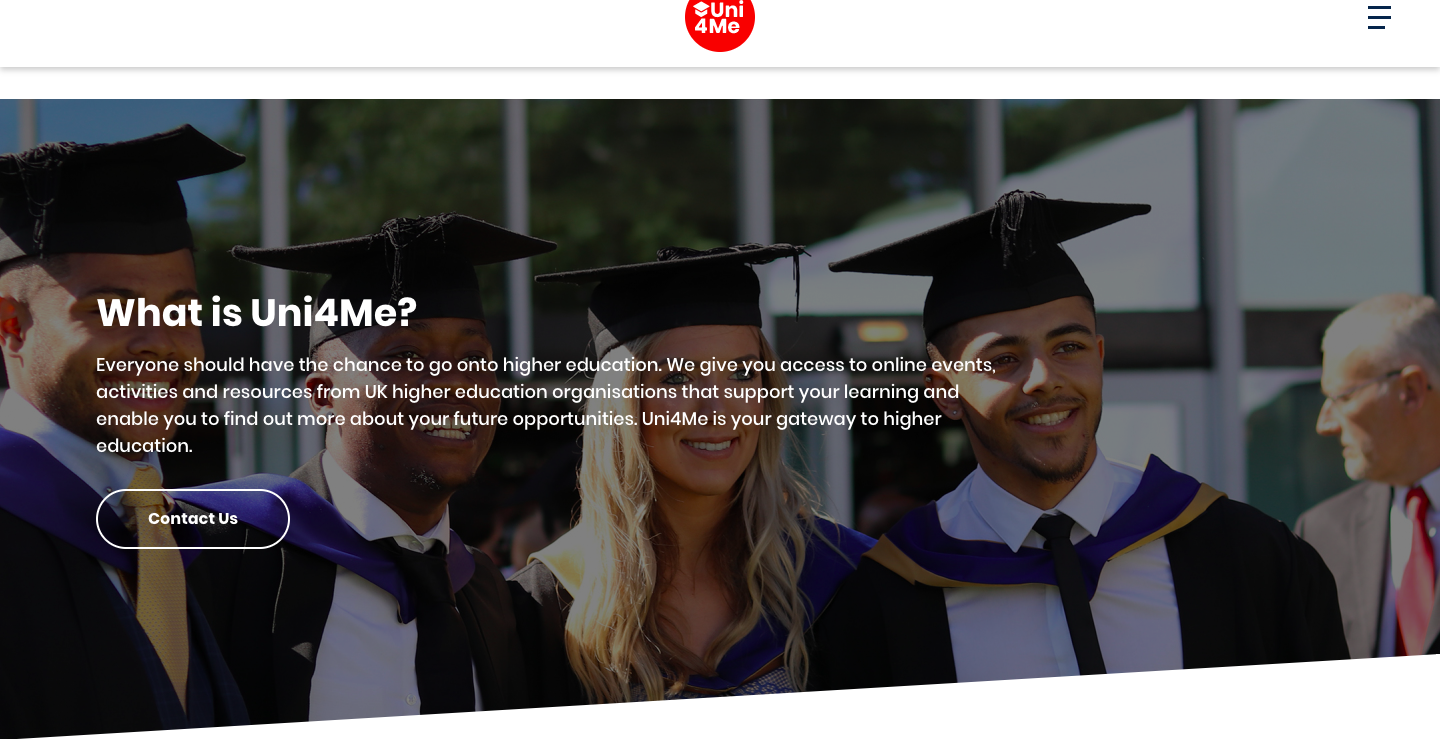







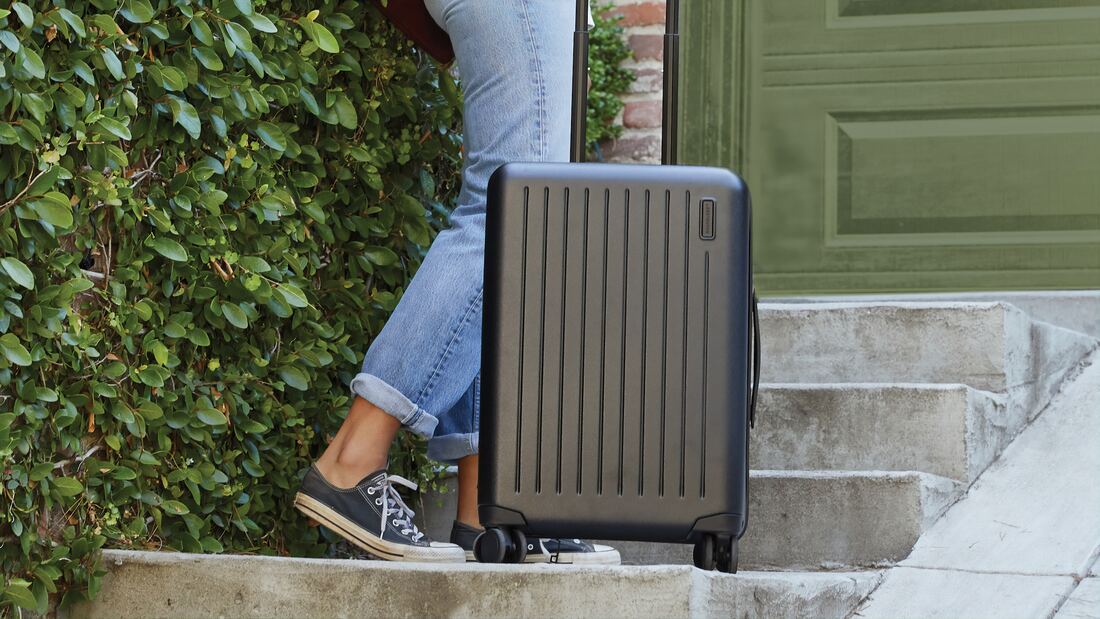
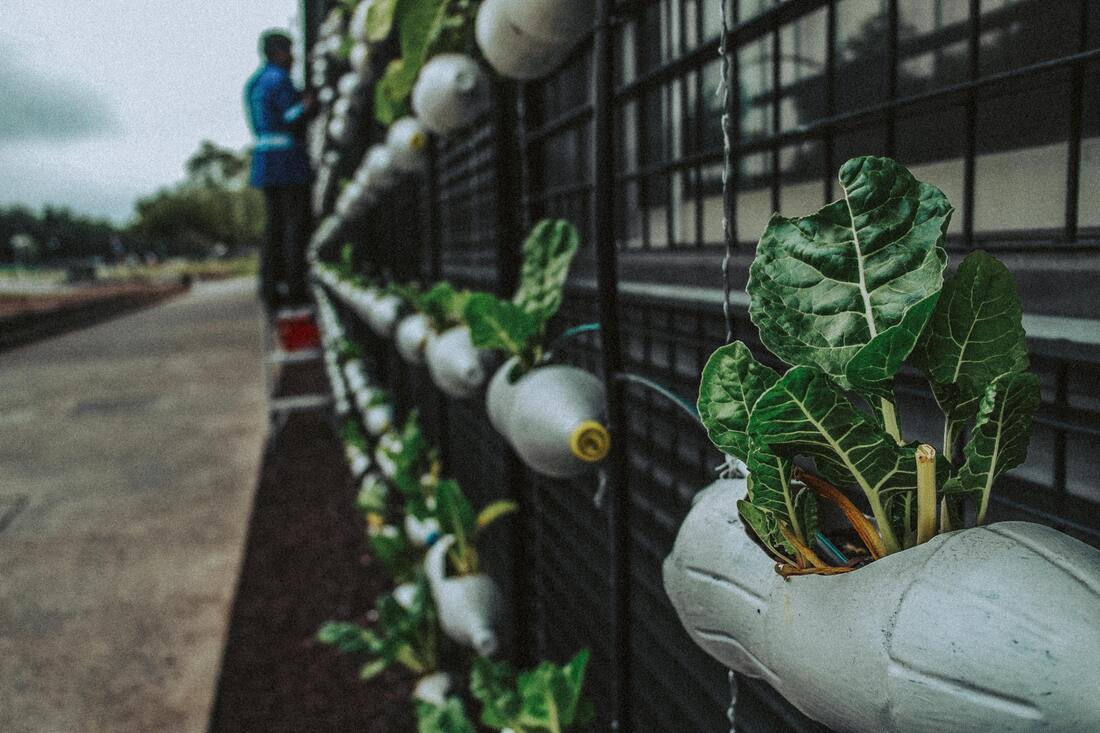


 RSS Feed
RSS Feed